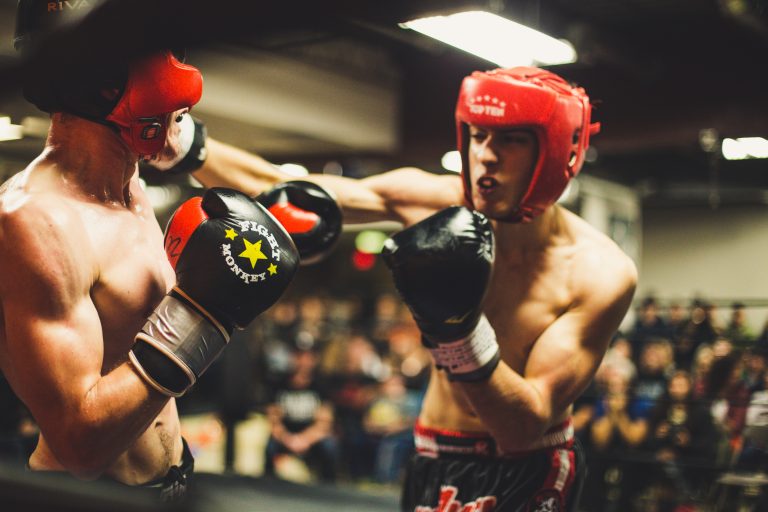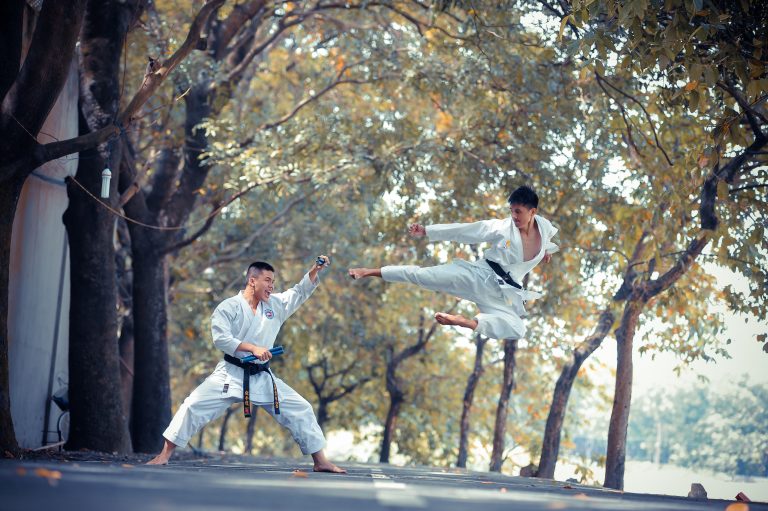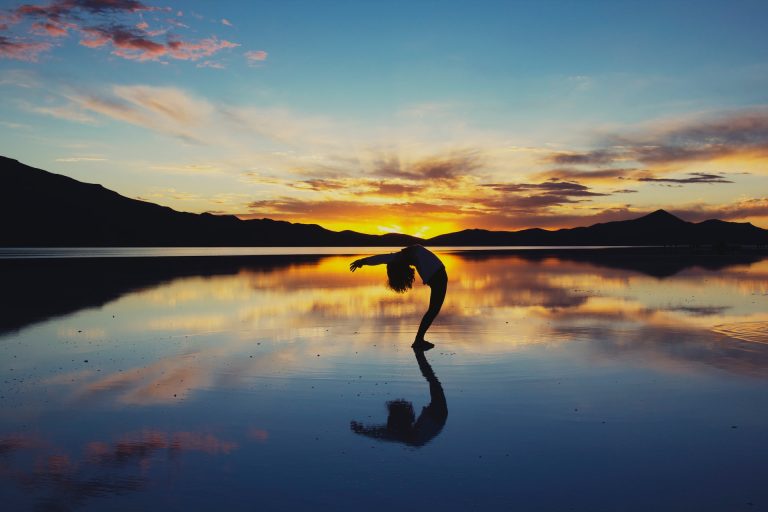Karate for the elderly: How to Stay Fit in Old Age
As we age, it is important to stay active and maintain good physical health. Exercise not only helps to improve our physical well-being but also our mental health. Karate is one form of exercise that can be beneficial for the elderly. In this blog post, we will discuss how karate can help seniors stay fit and healthy.
Why Karate?
Karate is a martial art that has been around for centuries. It involves various movements, such as kicks and punches, and can be a great way to build strength and endurance. It also helps to improve balance and coordination, which can be beneficial for seniors who may be at risk of falls.
Karate is also a form of self-defense, which can be important for seniors who may feel vulnerable. Learning self-defense skills can help to boost confidence and give seniors a sense of empowerment.
Benefits of Karate for Seniors
There are many benefits of practicing karate for seniors. Here are just a few:
Cardiovascular Health:
Karate is a great form of aerobic exercise that can help to improve cardiovascular health. Regular practice can help to lower blood pressure and improve circulation, reducing the risk of heart disease.
Strength and Flexibility:
Karate involves various movements that can help to build strength and improve flexibility. This can be particularly beneficial for seniors who may be experiencing muscle loss or stiffness.
Mental Health:
Exercise is known to have a positive effect on mental health, and karate is no exception. Regular practice can help to reduce stress and improve mood, which can be beneficial for seniors who may be experiencing loneliness or depression.
Getting Started
Before starting any new exercise program, it is important to consult with a healthcare professional. Once you have received clearance, you can begin to look for a karate studio that offers classes for seniors.
It is important to choose a studio that has experience working with seniors and understands the unique needs and limitations that may come with age. You should also look for a class that focuses on gentle movements and does not put too much stress on the joints.
Conclusion
Karate can be a great way for seniors to stay fit and active in their later years. It offers a wide range of physical and mental benefits and can help to improve overall health and well-being. If you are interested in trying karate, be sure to consult with a healthcare professional and choose a studio that is experienced in working with seniors. With regular practice, you can enjoy a healthier, more active lifestyle in your later years.
Frequently Asked Questions About Karate for the Elderly: How to Stay Fit in Old Age
As one ages, staying active becomes even more important to maintain a healthy lifestyle. Karate is an excellent way for seniors to stay fit, healthy, and active, both physically and mentally. In this blog post, we will answer some of the most frequently asked questions about karate for the elderly and provide tips on how to stay fit in old age.
1. What is karate and how is it beneficial for seniors?
Karate is a martial art that originated in Okinawa, Japan. It is a discipline that involves a combination of physical and mental training, including stretching, strength training, and self-defense techniques. It helps seniors build strength, balance, flexibility, and coordination.
Karate also has mental health benefits, including improving cognitive function, reducing stress, and boosting self-esteem. Seniors who practice karate frequently report feeling more confident, energized, and focused.
2. Is karate safe for elderly individuals?
Yes, karate can be safe for elderly individuals, provided that they exercise proper caution and work at their own pace. Seniors should choose a program that is specifically designed for their age group and fitness level. They should also consult with their doctor before starting a new exercise routine to ensure that it is safe for them.
3. What should seniors look for in a karate program?
When searching for a karate program, seniors should look for instructors who have experience working with their age group. They should also look for a program that focuses on building strength, balance, and flexibility, rather than competitive sparring.
It is also essential to find a program that allows seniors to work at their pace and provides opportunities for modifications to accommodate physical limitations.
4. What equipment do seniors need for karate?
Seniors typically need comfortable, loose-fitting clothing and training shoes that provide adequate support. Depending on the program, seniors may also need hand wraps, gloves, and shin guards. Most programs provide the equipment needed for training, but seniors should consult with their instructor before purchasing any additional gear.
5. What are some tips for seniors starting a karate program?
Seniors should start slowly and work within their abilities. Overexertion can lead to injury, so it is important to listen to their bodies and rest when needed. They should also stay hydrated and be sure to warm up and stretch before each session.
Seniors should also communicate with their instructor about any physical limitations or concerns they may have. The instructor can provide modifications or alternative exercises to accommodate their needs.
6. Are there any risks associated with karate for seniors?
As with any exercise program, there is a risk of injury with karate. However, proper training and adherence to safety guidelines can help reduce this risk.
Seniors with pre-existing medical conditions should consult with their doctor before starting a new exercise routine to ensure that it is safe for them. Seniors with mobility issues or joint problems should also exercise caution when practicing certain techniques.
7. Can seniors still benefit from karate if they have physical limitations?
Yes, seniors can still benefit from karate even if they have physical limitations. Many programs offer modifications and alternative exercises to accommodate individuals with these limitations.
Seniors who have mobility issues or joint problems may find that they benefit from the stretching and low-impact exercises that karate involves. It is essential to communicate with the instructor about any physical limitations to ensure that they can participate safely.
Conclusion
In conclusion, karate is an excellent way for seniors to stay fit, healthy, and active, both physically and mentally. It is important to choose a program that is specifically designed for seniors and to communicate with the instructor about any physical limitations or concerns. With proper training and adherence to safety guidelines, seniors can enjoy the benefits of karate for years to come.
Inhaltsverzeichnis






